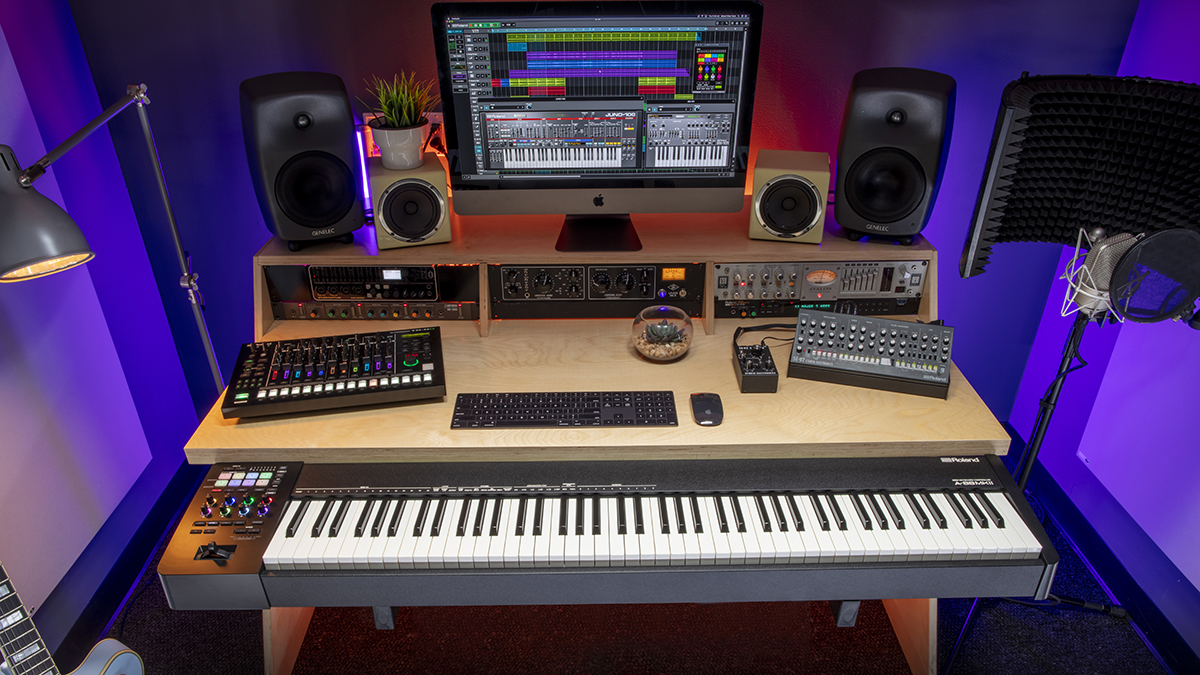Roland’s A-88MKII MIDI Keyboard just got a free MIDI 2.0 update… so what does that actually mean?
The updated MIDI standard’s rollout has been slow, but maybe it’s starting to gather some momentum

When Roland’s A-88MKII MIDI keyboard was launched, in early 2020, one of the promises was that it was ‘MIDI 2.0-ready’. Well, a free update means that the next-gen interfacing standard is now fully supported.
The question, of course, is how this will actually impact your music-making, and that’s still slightly unclear. In theory, MIDI 2.0 will bring various benefits, such as - in Roland’s words - “dramatically increased musical expressivity”. This relies not only on your keyboard being compatible, though, but also whatever you’re controlling with it.
Roland seems optimistic that more instruments and apps are in the works, though, and paints a rosy picture of what MIDI 2.0 will bring to your creative life. “Pianos will perfectly reflect the most subtle keyboard playing techniques, orchestral sounds will be more acoustic and lifelike, and synthesizer textures will respond to performance gestures like never before,” we’re assured.
It’s also worth noting that, thanks to MIDI 2.0’s bi-directional communication capabilities, it should also enable your DAW to instantly map a supported controller, and to recognise the patches in your hardware synth and give you software control of them. This level of convenience could end up being one of the new standard’s killer features.
Regardless of how important you consider the MIDI 2.0 issue to be, the good news is that the A-88MKII remains an excellent 88-note controller, offering a winning action that we described as “a joy to play”.
It’s not the only MIDI 2.0-equipped keyboard in town, though; Korg recently dropped the Keystage, which comes in 49- and 61-note varieties and also offers polyphonic aftertouch.
Get the MusicRadar Newsletter
Want all the hottest music and gear news, reviews, deals, features and more, direct to your inbox? Sign up here.



I’m the Deputy Editor of MusicRadar, having worked on the site since its launch in 2007. I previously spent eight years working on our sister magazine, Computer Music. I’ve been playing the piano, gigging in bands and failing to finish tracks at home for more than 30 years, 24 of which I’ve also spent writing about music and the ever-changing technology used to make it.
MusicRadar deals of the week: I'm feeling this! Score an impressive £350 off the Fender DeLonge Starcaster, as well as hundreds off Epiphone, Gretsch, Gibson and more
We didn't think we needed a compact 4-octave acoustic piano that can also work as a MIDI keyboard, but the super-cute Keybird L1 might have convinced us otherwise









